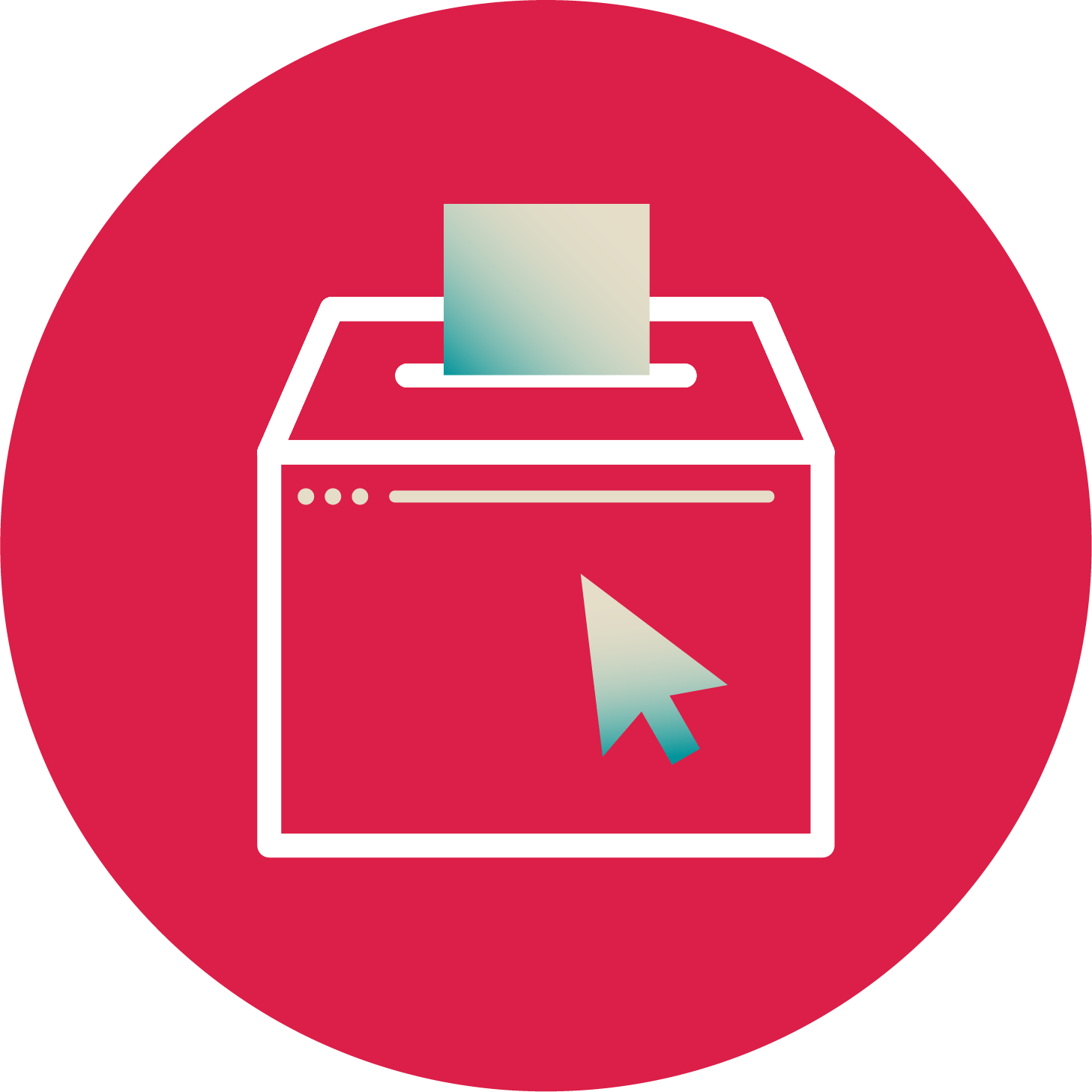Digital Democracy
Unless changes are made, many citizens will increasingly see their role as diminished and inconsequential, as the tools of democracy will no longer work.
Prof. Henning Schulzrinne
Columbia University
Alexander Rozhkov
Open Government
Creating a trusted environment between citizens and their representatives is a prerequisite for creating a digital society. Open government solutions can establish higher levels of transparency and accountability by bringing citizens closer to public institutions. We strongly believe in the potential of digital innovations to increase public participation, oversight and scrutiny, thereby restoring public confidence in national and supranational institutions.
62 %
During the 2016 US elections at least 62% of adults accessed news on social media; the most popular fake news stories were more widely shared on Facebook than the most popular mainstream news stories; and many people who saw fake news stories reported to believe them.
Jamy Bak
For democratic governance
We believe that the advancement of digital technology is reshaping established power structures of democratic governance, most notably affecting citizens’ understanding of making informed decisions about high & low visibility elections. The advent of social media has reduced barriers to political participation and engagement. Yet, it has also signalled major issues to democratic effectiveness, such as those posed by the circulation of fake news, political microtargeting, and social media bots. We firmly stand for regulatory frameworks that establish digital governance of the people, by the people and for the people.
Rizwan Babar
Data Democratization
We firmly believe that democratizing access to data and decreasing barriers to information bears opportunities for society as a whole. Private companies can gain information advantages, stimulating fair competition. Governments can increase their legitimacy and transparency vis-à-vis citizens while making their home market more attractive for investors. Citizens can build on reliable information in forming opinions on political, social, and economic trends as well as other current events. For a world in which equal access to information becomes reality, we need to detect and eliminate all obstacles to foster digital literacy and digital inclusion.
Connecting
citizens with their government
Digital technologies can help governments and bureaucracy to better connect with citizens, listen to their concerns, and make their voices heard. We are convinced that by creating a suitable regulatory framework and combining online and offline channels, we can improve our political culture and establish a direct closer link between citizens and policymakers.
Jithin RTP
For an inclusive digital democracy
Digitalization can deeply change the way we understand and execute democratic governance - both positively and negatively. Digital technologies empower marginalised groups, increase democratic participation, create extra layers for accountability and transparency, and bridge the gap between the public and private. However, new and unregulated technologies oftentimes come at the detriment of digital inclusion and entail asymmetric adverse effects for the most vulnerable members of society. If we fail to address these issues, we may find ourselves in a world where digital innovation could significantly alter established power structures and undermine democratic institutions. To safeguard centuries of democratic progress and foster participation by digitalization, we need to take action now!
Our Work

By Nathan Lefievre
•
11 Apr, 2021
Democratizing data and its access represents an important means of keeping the government in check and ensuring it takes proportionate decisions, adapted to the situation. This is even more important in situations such as the pandemic, during which many governments have tended to bypass parliamentary power when implementing restrictions.
Our Crew
-
Enzo Floris
ButtonResearcher
Join Us Aboard
To solve global challenges we need interdisciplinary and diverse research teams. We offer a safe haven for digital castaways, creative sailors and curious explorers. Do you share the same passion for making our digital society just and truly democratic?




